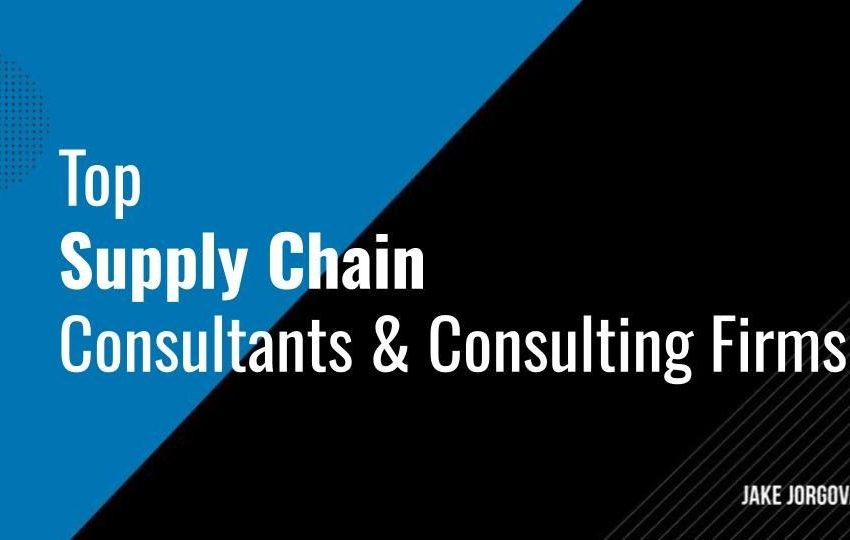Boost Efficiency with Professional Logistics Management
In today’s fast-paced world, efficient logistics management is crucial for any tech company looking to stay competitive and meet customer demand. From streamlining supply chains to optimizing transportation routes, effective logistics management can make a significant impact on a company’s bottom line. Here are some key strategies to boost efficiency in your logistics operations:
Automation and Technology Integration
One of the most effective ways to improve efficiency in logistics management is through the use of automation and technology. By implementing software solutions such as warehouse management systems (WMS) and transportation management systems (TMS), companies can streamline their operations, reduce manual errors, and gain real-time visibility into their supply chain.
Additionally, technologies such as GPS tracking and RFID tagging can help companies track shipments, monitor inventory levels, and optimize transportation routes. By leveraging these technologies, companies can reduce costs, improve delivery times, and enhance customer satisfaction.
Data Analytics and Predictive Modeling
Data analytics and predictive modeling are powerful tools that can help companies identify inefficiencies in their logistics operations and make data-driven decisions. By analyzing historical data and trends, companies can forecast demand, optimize inventory levels, and improve resource allocation.
By implementing predictive modeling algorithms, companies can anticipate supply chain disruptions, mitigate risks, and proactively address potential issues before they occur. This can help companies reduce costs, improve efficiency, and enhance overall performance.
Collaboration and Partnerships
Collaborating with suppliers, carriers, and other key stakeholders is essential for effective logistics management. By building strong relationships with partners, companies can improve communication, enhance visibility, and streamline processes.
By working closely with suppliers to coordinate production schedules and delivery times, companies can reduce lead times, minimize stockouts, and improve inventory management. Strong partnerships with carriers can also help companies optimize transportation routes, reduce shipping costs, and improve delivery times.
Continuous Improvement and Optimization
Continuous improvement is key to enhancing efficiency in logistics management. By regularly reviewing and optimizing processes, companies can identify areas for improvement, implement best practices, and drive operational excellence.
By conducting regular performance evaluations, companies can identify bottlenecks, streamline workflows, and eliminate waste. By leveraging Lean and Six Sigma methodologies, companies can reduce defects, improve quality, and increase productivity.
Conclusion
Efficient logistics management is essential for any tech company looking to maximize efficiency, reduce costs, and improve customer satisfaction. By leveraging automation and technology, data analytics and predictive modeling, collaboration and partnerships, and continuous improvement and optimization, companies can boost efficiency in their logistics operations and gain a competitive edge in the market.
By implementing these strategies, tech companies can streamline their supply chains, optimize transportation routes, and enhance overall performance. Ultimately, professional logistics management is key to driving success and achieving sustainable growth in today’s fast-paced business environment.
By investing in professional logistics management, tech companies can position themselves for long-term success and ensure they are well-equipped to meet customer demand and stay ahead of the competition.


